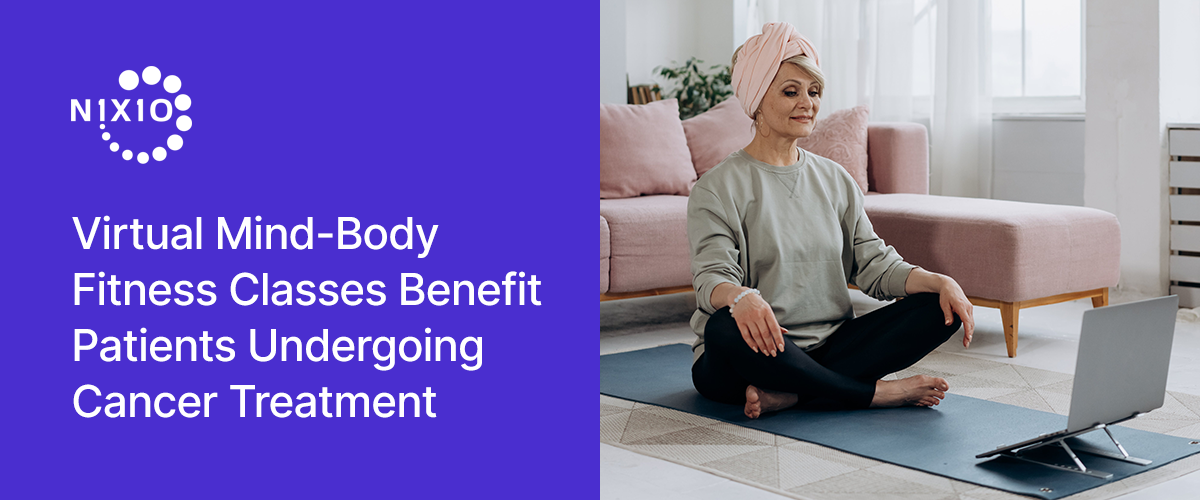In a clinical trial conducted by the Department of Medicine at Memorial Sloan Kettering Cancer Center (MSKCC) in New York, NY, patients with the diagnosis of breast, lung, gynecological, head/neck, or melanoma cancer who reported moderate or greater fatigue while undergoing active treatment (chemotherapy, immunotherapy, or radiation therapy) were randomly assigned to participate in a 20+ weekly virtual live mind-body and fitness classes or to receive enhanced standard care, which consisted of the standard care their doctor might provide plus access to prerecorded online meditation resources.
The study had its origins during the COVID-19 pandemic, when Jun Mao, MD, the trial’s lead researcher and his colleagues converted much of their mind–body fitness programming for people with cancer to virtual formats. According to Dr. Mao, earlier studies had suggested that mind–body fitness practices can help reduce common side effects of cancer treatment, such as fatigue, anxiety, and depression.
The median age of participants was nearly 60 years, and most participants were female (91%) and White (78%). The differences in hospitalization rates between the two groups were substantial. Of those in the virtual mind–body fitness group, for example, only 5% were hospitalized during the study period, compared with 14% of those in the enhanced standard care group. And, when people were hospitalized, the lengths of stays also differed (medians of 5 days versus 9 days). The total number of hospitalization days in the virtual mind–body fitness group was 17, compared with 130 in the enhanced standard care group. There were also fewer visits to urgent care centers among people in the virtual mind–body fitness group: 11 versus 30.
The mind-body and fitness classes group could choose from a variety of exercises and practices (movement-based activities such as yoga, tai chi, and dance therapy; other took meditation-based practices, music therapy and mindfulness). That flexibility was critical because on some days, such as after a chemotherapy treatment, people might not have the energy for activities that they would on other days. “We thought that giving patients the opportunity to choose from a range of options would empower them to stay active to the degree that they could,” he said. “Some might want to take more aerobic strength training, while others might prefer something more sedentary, such as mindfulness meditation.”
A larger study with longer follow-up will be required in order to confirm the trial’s results.


